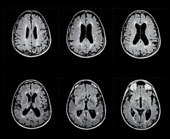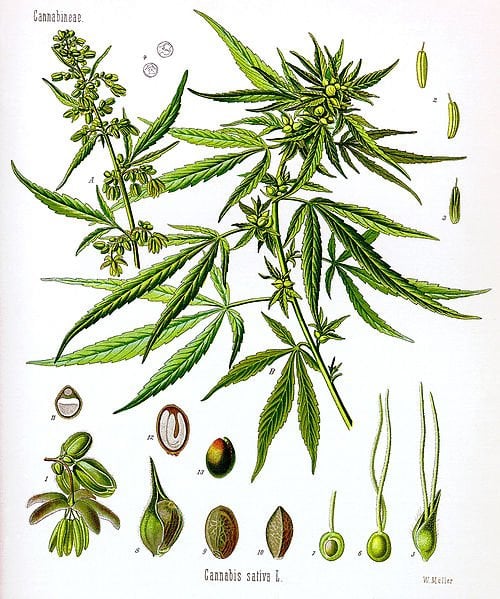“Cannabinoids have been proposed as promising therapeutic agents in MS given their capability to alleviate specific MS symptoms (e.g., spasticity, pain).
Although MS has been considered mainly an inflammatory disorder, recent evidence, however, revealed the importance of neurodegenerative events, opening the possibility that cannabinoid agonists, given their cytoprotective properties, may also serve to reduce oligodendrocyte death and axonal damage in MS.
Thus, the treatment with WIN55,512-2, a potent CB1 and CB2 agonist, was reported to be effective to ameliorate tremor and spasticity in mice with chronic relapsing experimental autoimmune encephalomyelitis, a murine model of MS, but also to delay disease progression in this and other murine models of MS….”
http://www.sciencedirect.com/science/article/pii/S0028390812000500






